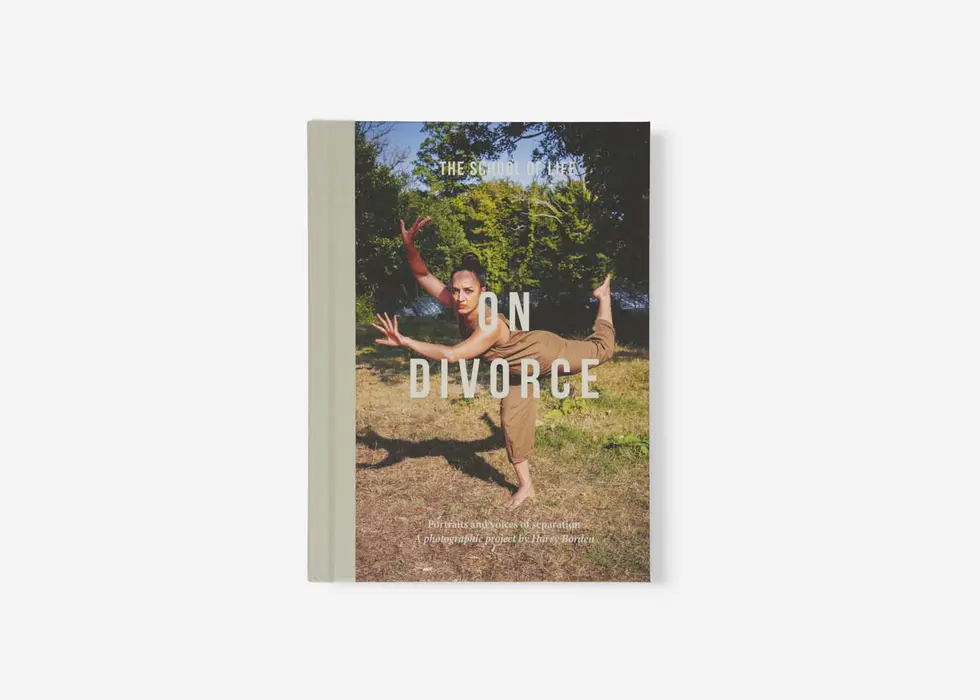Relationships • Parenting
The Problems of Miniature Adults
Much praise is sometimes heaped on a distinctive sort of child; one who resemble an adult in miniature adult. This person might – while still only just out of kindergarten – be looking after their younger siblings and telling them, in a stern voice, not to leave the house without a jacket on. If asked whether they want some chocolate, they might pull an angelic smile and say, ‘No, thank you. Chocolate isn’t good for my teeth. I’m going to have my carrots as usual later.’ When other children get in a pistol fight, they sigh wearily and say, ‘I can’t take this noise; I’m off to read upstairs.’ They might surprise you at a birthday party by telling you: ‘I’ve been so thoughtless, I had some cake first without asking you if you wanted any. I do apologise.’ They are – let’s imagine – five years old.

It can be a delightful break from the norm. But it is also, considered from the child’s point of view, something of a sign of disaster. We might put it like this: children grow up ‘fast’ whenever the adults around them have matured markedly slowly – or indeed not at all. Children who lean on the sophisticated behaviours of grown-ups aren’t generally doing so for their own sakes, they are resorting to them as a manic defence against the immaturity of the negligent or arrested adults in the vicinity.
When a forty-two year old parent screams that they have had enough and wants to die or starts to throw the dinner plates at their spouse, there may be no realistic option for their seven year old offspring other than to adopt some of the sagacity of the Buddha and the pacificism of a maharishi.
Unfortunately, true maturity cannot be faked or rushed. A true adult isn’t someone who has never been a child; it’s someone who has been allowed – thanks to the self-possession of their caregivers – to have an unhampered run at juvenility: who has been tolerated across many slow years for being noisy, rumbustious, messy, greedy, rude, unboundaried and at points entirely unreasonable. True maturity requires that one be allowed to pass through, and linger in, all the many byways of immaturity before one day finally acceding to levelheadedness. It is impossible to be sincerely good until one has had a rich number of chances to try out being bad or properly sane until one has amply explored the many options for being crazy.
A profound immersion in the infantile, not a spontaneous leap into adulthood, is the only guarantor that someone can be truly reconciled to the strictures and requirements of the grown up state.
In later years, it tends to be hard to tell whether what one has on one’s hands is a true adult or a toddler precociously harried into middle age. But a tell-tale sign is that those who have grown up too soon are likely to fiercely resent any displays of immaturity in children (including, especially, their own). They may also have undrained pools of rage in them that spill out with special vehemence late at night once the guests have left. Or they might, after four decades of impeccable behaviour, simply break down and smart smashing up their lives like the livid infants they always yearned – and should always have been allowed – to be.
It is the greatest privilege to be allowed to be very young when one is very young. The best time to be five is evidently when one is somewhere around five.


























